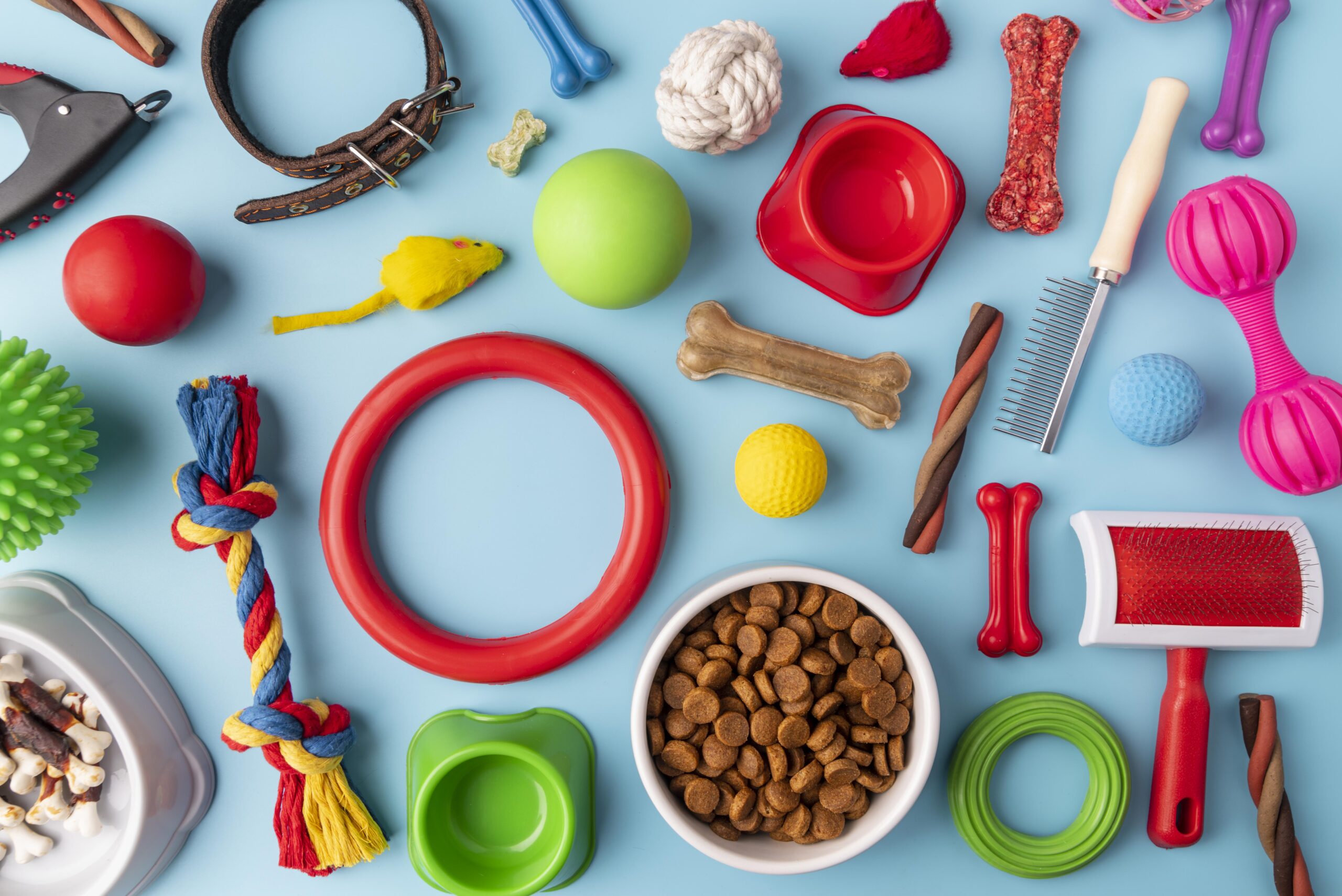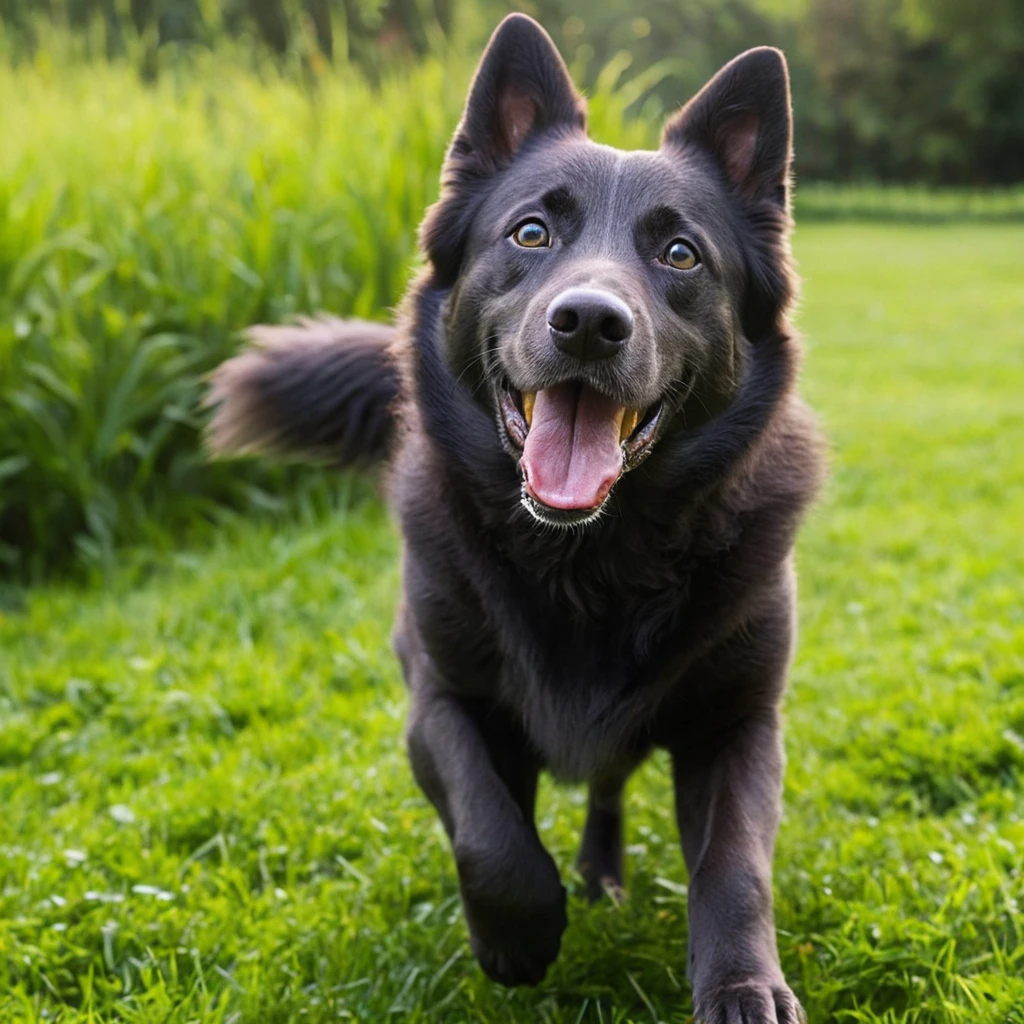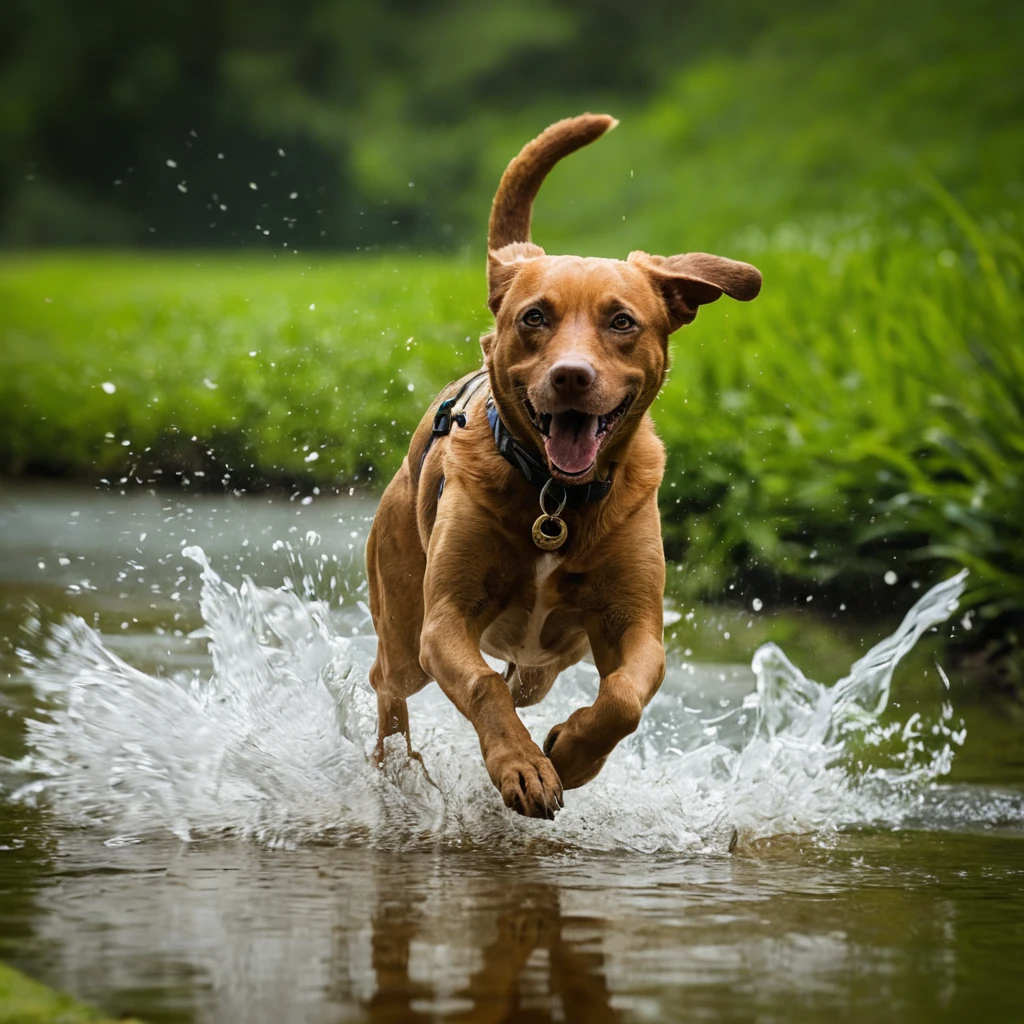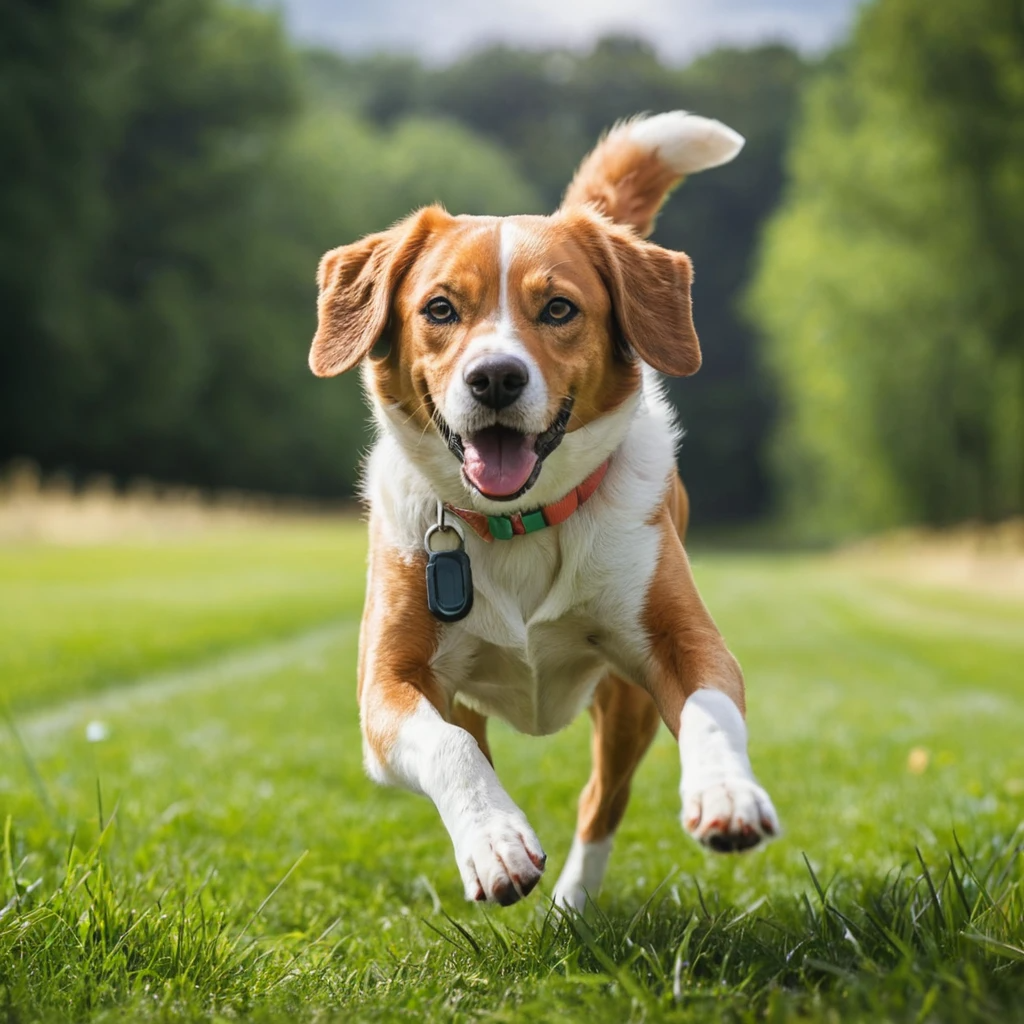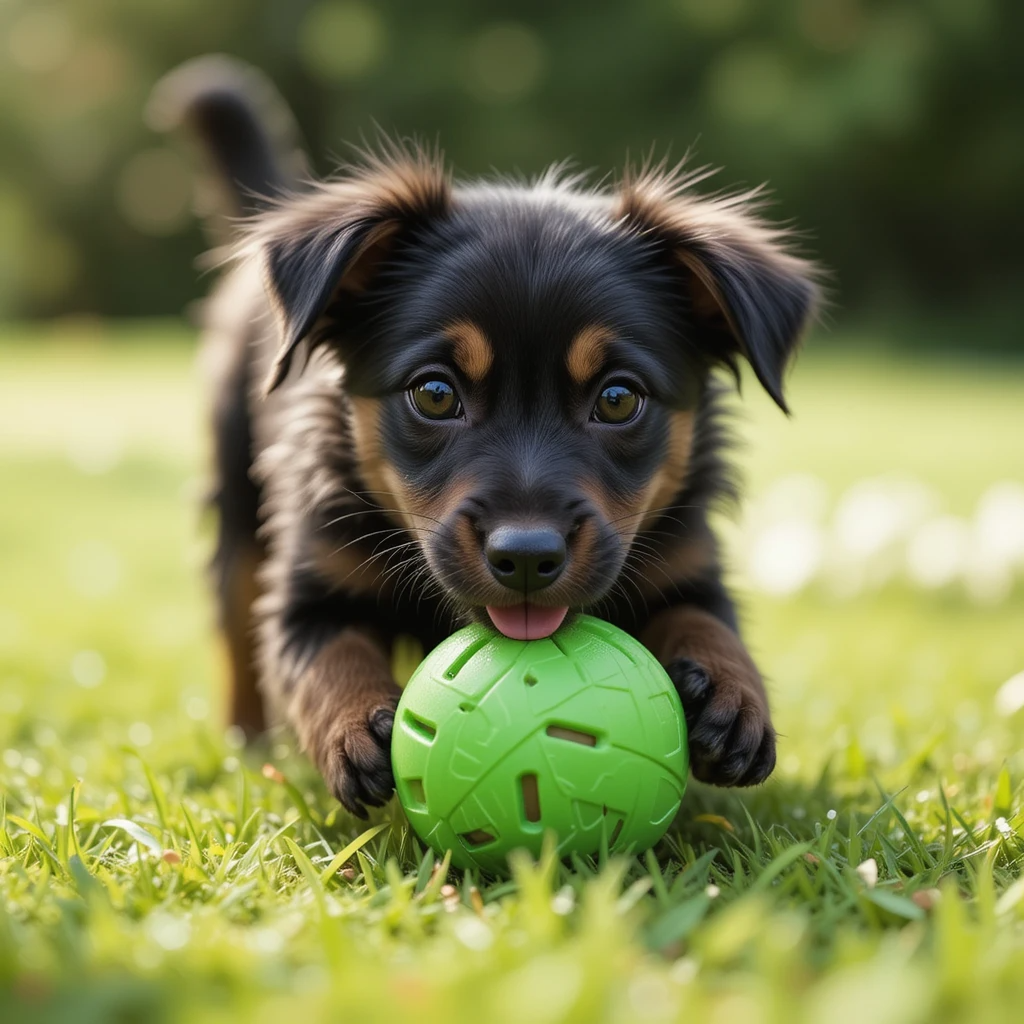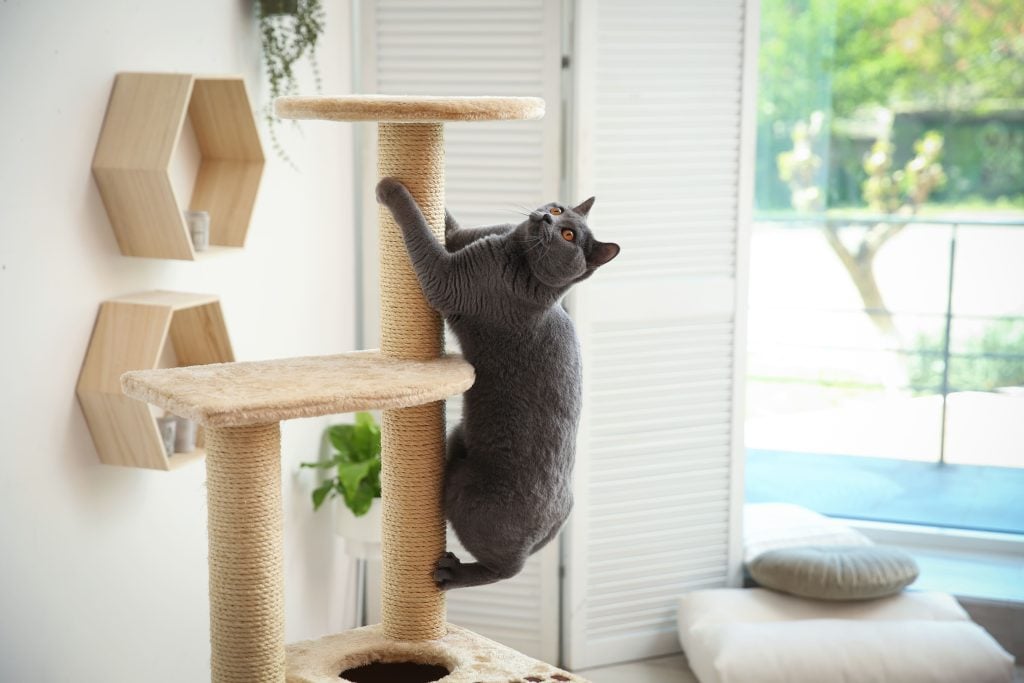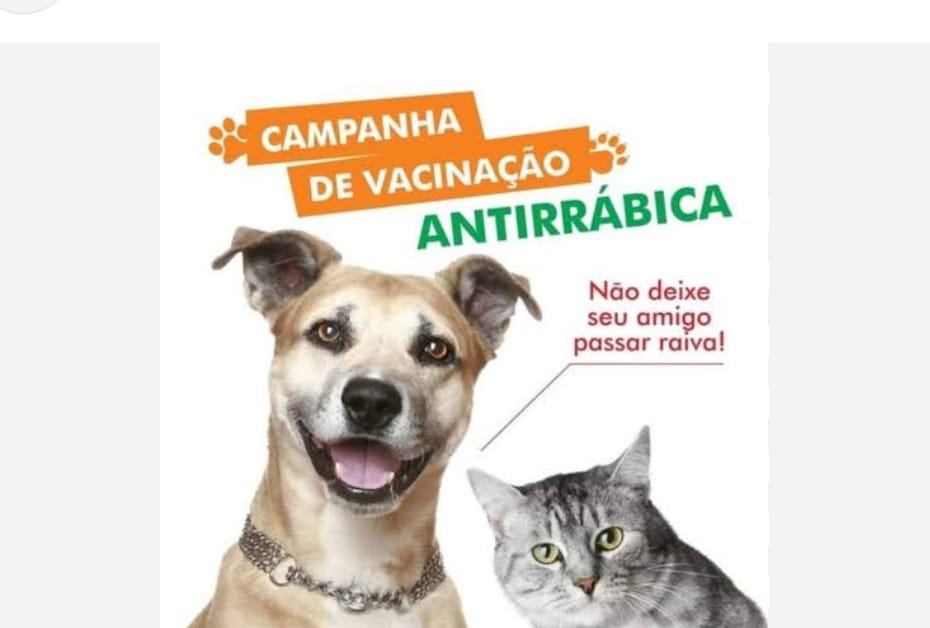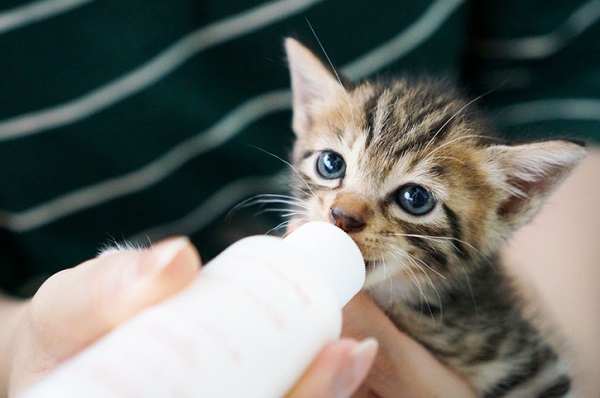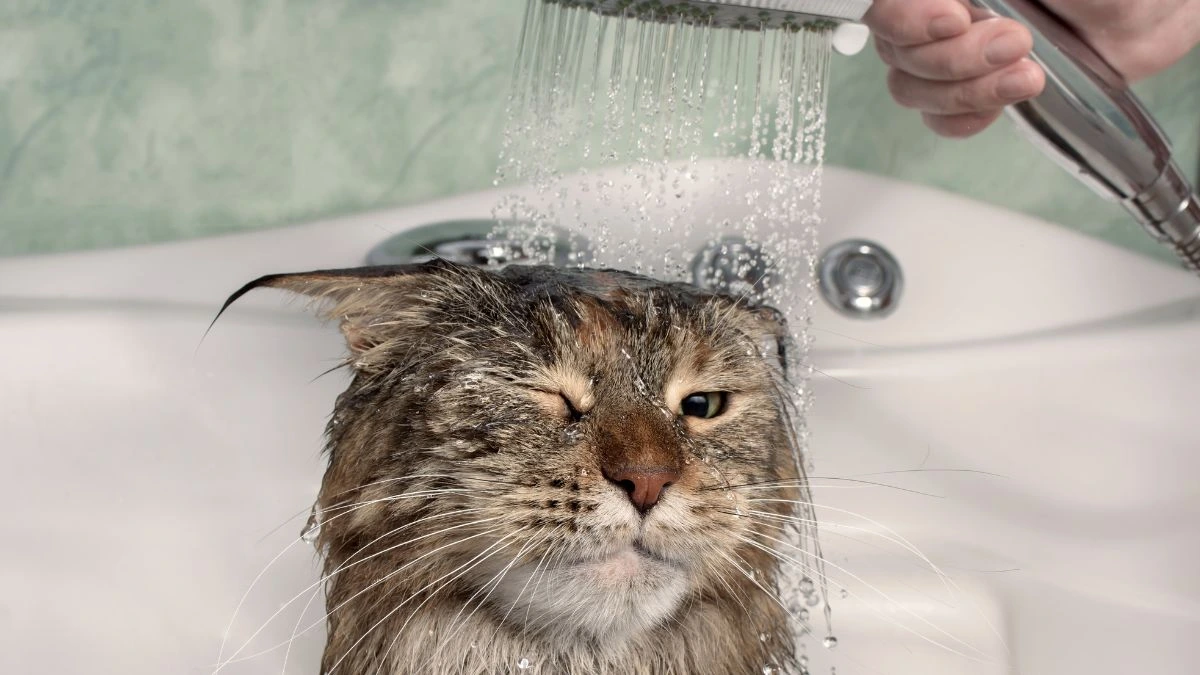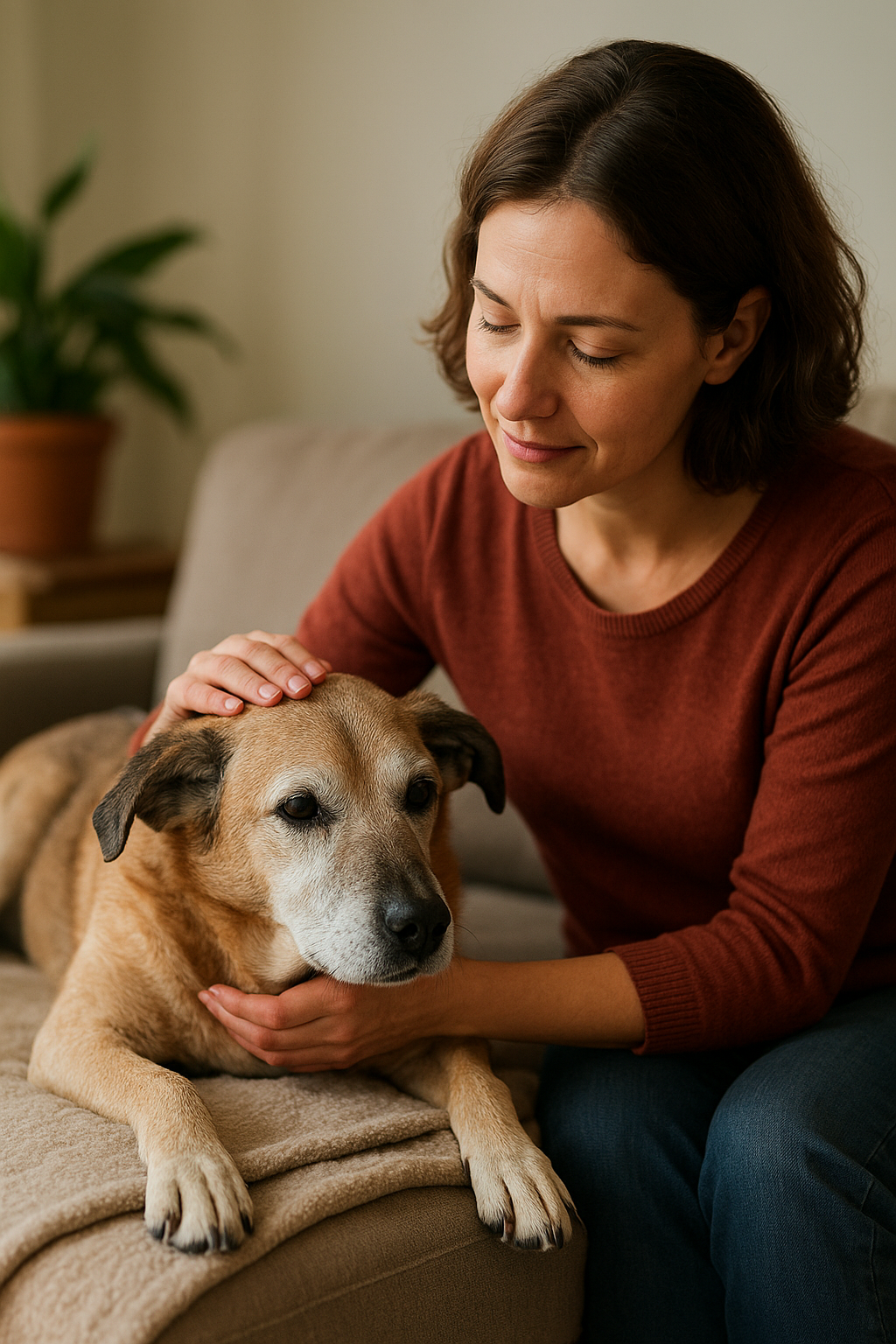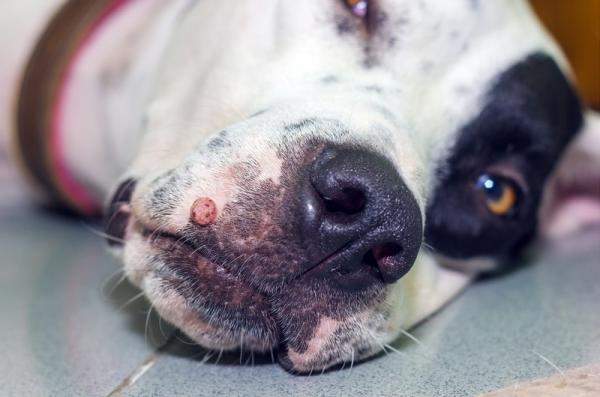🐾 Kit Inicial do Seu Cão: Tudo o Que Ele Precisa Para Começar com o Pé Direito! 🐶💛
Trazer um novo cachorro para casa — seja um filhote ou um resgatado adulto — é um momento cheio de amor, alegria… e responsabilidade. 🎉🐕
Um kit inicial bem preparado garante uma transição tranquila, fazendo seu pet se sentir seguro e bem-vindo desde o primeiro dia. 🏡💖
Aqui está tudo o que não pode faltar:
1. 🏷️ Coleira e Plaquinha de Identificação
- Primeira linha de segurança do seu cão.
- Ajuste confortável e com plaquinha contendo seu nome e telefone.
- Se possível, adicione um rastreador GPS.
- 💡 Dica: microchip e cadastro com seus dados atualizados são essenciais!
2. 🦮 Guia e Peitoral
- Passeios são fundamentais para saúde e vínculo.
- Use guia padrão (1,2 a 1,8 m) para mais controle.
- Prefira peitoral que distribua a pressão e evite lesões no pescoço.
- Evite guias retráteis no início.
3. 🍲 Tigelas de Comida e Água
- Aço inox ou cerâmica para evitar bactérias e alergias.
- Uma tigela só para comida e outra só para água.
- Base antiderrapante para evitar bagunça.
- Lave diariamente.
4. 🥩 Ração de Alta Qualidade
- Consulte o veterinário sobre a melhor ração para a idade, porte e saúde do seu cão.
- Faça a transição de ração gradualmente (7 a 10 dias).
5. 🛏️ Cama Confortável
- Um cantinho tranquilo e quentinho só para ele.
- Deve ser lavável e no tamanho adequado.
- Camas ortopédicas são ideais para cães grandes ou idosos.
6. 🏠 Caixa de Transporte ou Espaço Seguro
- Ajuda no adestramento, viagens e controle da ansiedade.
- Deve permitir que o cão fique em pé, vire e deite confortavelmente.
- Torne o espaço aconchegante, nunca use como castigo.
7. 🧸 Brinquedos
- Evitam o tédio e estimulam a mente.
- Brinquedos de morder aliviam o estresse.
- Brinquedos interativos e de busca fortalecem o vínculo e o exercício físico.
- Troque os brinquedos semanalmente para manter o interesse.
8. 🧴 Itens de Higiene
- Escova adequada para o tipo de pelo
- Cortador de unhas ou lixa elétrica
- Shampoo próprio para cães
- Escova e pasta de dente canina
- Lenços para limpeza dos ouvidos
- 💛 Dica: escovar com frequência ajuda a detectar problemas de pele ou parasitas cedo.
9. 🎯 Petiscos de Treinamento e Clicker
- Treinamento começa no primeiro dia.
- Use petiscos pequenos e macios para recompensar.
- O clicker ajuda a marcar o bom comportamento com som.
10. 💩 Sacos Higiênicos e Produtos de Limpeza
- Tenha sempre saquinhos biodegradáveis à mão.
- Use limpadores seguros para pets em caso de acidentes em casa.
11. 🛁 Shampoo e Toalhas
- Mesmo que vá ao pet shop, banhos ocasionais em casa são necessários.
- Use apenas produtos específicos para cães.
- Separe toalhas só para o pet.
12. ⛑️ Kit de Primeiros Socorros
- Gaze, ataduras e lenços antissépticos
- Pinça para carrapatos ou farpas
- Termômetro digital
- Contatos do veterinário de emergência
🌟 Extras Úteis (Mas Opcionais)
- Cinto de segurança ou caixa para o carro
- Portõezinhos para restringir áreas
- Câmera pet para monitoramento
- Luvas removedoras de pelos
💛 Um Lar Preparado é um Lar Cheio de Amor
Um kit inicial completo é mais do que uma lista de compras — é sua forma de dizer:
“Você está seguro aqui.” 🏡🐾
Quando tudo já está pronto para recebê-lo, seu cão se adapta mais rápido, com menos estresse e mais alegria.
Comece com o pé direito e veja esse vínculo crescer a cada dia! 🐶🌟

